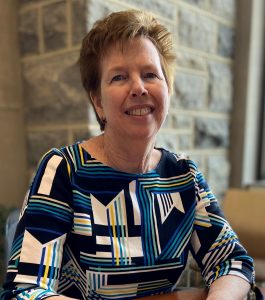
Mary Leigh Wolfe knew she would make an impact at ABET when she joined the Board of Directors in 2010 and became the President-Elect in 2017, but at that time, she had no idea she would drive change through diversity and inclusion initiatives within the organization. Her tenure on the ABET Board of Directors came as the world was waking up to gender and racial bias and discrimination in society. As she reflected on her own experiences and those of others within the STEM fields, Wolfe decided something needed to change — and she was happy to rise to the occasion. Building on the previous efforts of others and working with ABET board members, Wolfe helped establish the Inclusion, Diversity and Equity Advisory (IDEA) Council to promote and develop evaluation methods and metrics for improving inclusivity, diversity and equity within ABET, its activities, its volunteer base and its accredited programs. Now, Wolfe serves as ABET Past-President and founding chair of the IDEA Council, where her work has just begun and where her legacy will undoubtedly live on.
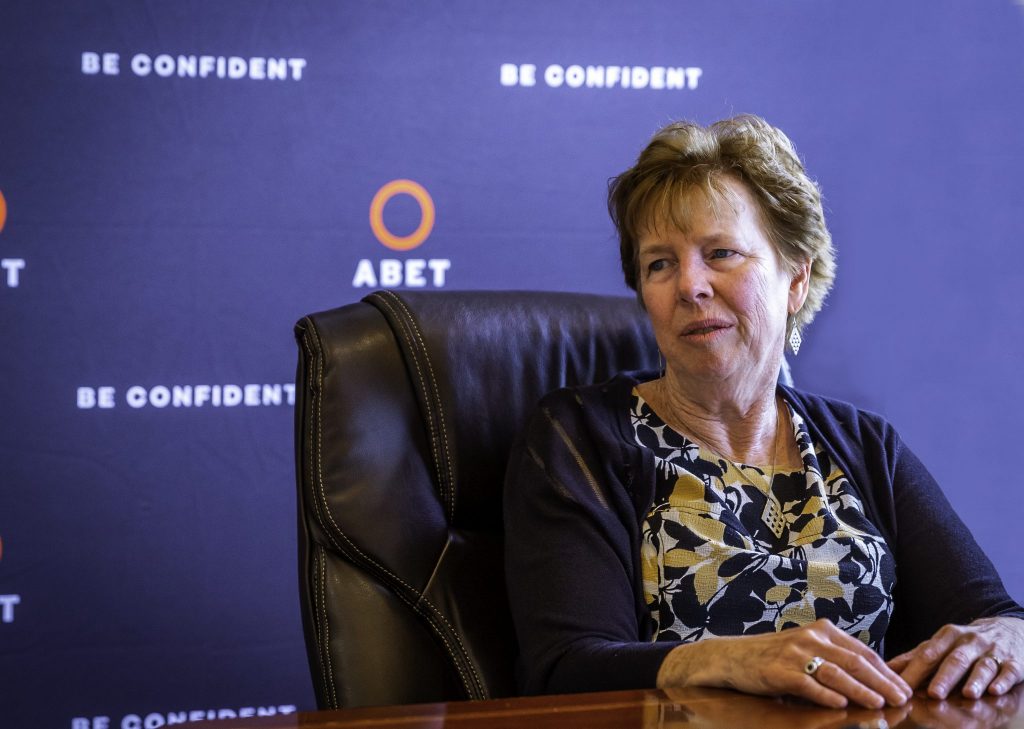
Finding Agriculture
As the only daughter in her family — sandwiched between two older and two younger brothers — Wolfe never felt out of place in the male-dominated field of engineering. Growing up, she thought she’d follow in her mother’s footsteps and become a teacher, but after achieving a high score on the math section of the S.A.T., Wolfe received a flood of brochures in the mail from engineering schools. At the time, she didn’t know any engineers and only had a vague idea of what a career in engineering entailed. Once she learned it was a field in which she could apply her math and science skills to solve problems, she knew it was the perfect fit.
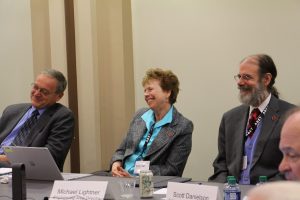
Drawn to the rolling mountains and campus facilities at Virginia Tech, she enrolled the next year. Raised in the Baltimore suburb of Woodlawn, Maryland, in the 60s and 70s, Wolfe would go boating in the Chesapeake Bay and spend family vacations in Ocean City. She was always outdoors, playing sports or running around her grandparents’ farm with her brothers. So, when she learned there was a field that had many opportunities to work outside and care for natural resources, she declared agricultural engineering as her major.
Making Progress
All engineering students at Virginia Tech begin with the common freshman year for engineering. The class was approximately 10 percent female, but in her chosen major, the percentage was even smaller. Wolfe was the third female student in the Agricultural Engineering Department at Tech, but at the time, it didn’t faze her that there weren’t many women in her class or that all her professors were men. Now, 40 years later and having served as head of the same department (2009-2018) (which has since been renamed the Department of Biological Systems Engineering), she reflects on how much has changed in her department — and how much more needs to change in the field of engineering.
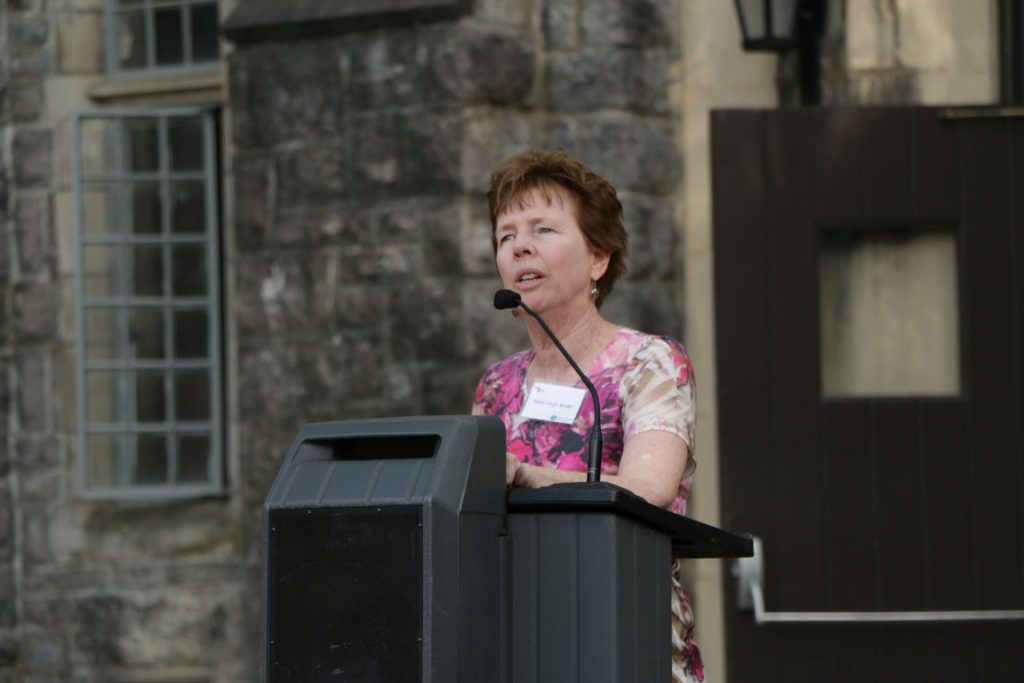
While the male to female student ratio in her department and discipline is currently about 1:1, that is not the case in many engineering, science and technology disciplines. Similarly, the percentage of faculty that identify as female has increased but is not close to 50 percent. Wolfe laments that the numbers are still not where they need to be, and that the learning and working environments are not where they need to be, but progress has been made in the right direction.
“I actually thought we should be well past this by now in my career,” Wolfe stated. “In recent years, there’s really been a resurgence of ‘we’ve got to do more and we’ve got to talk about it all the time,’ and I think that’s why I pushed to create this new IDEA Council for ABET. I’m tired of people telling me we can’t impose changes related to diversity. We have to have it.”
Fieldwork to Classwork
At Virginia Tech, Wolfe participated in undergraduate research and a cooperative education program with the Soil Conservation Service at the U.S. Department of Agriculture, now the Natural Resources Conservation Service (NRCS). The faculty member she conducted research with offered her an assistantship to pursue her master’s degree in agricultural engineering. She would be the first in her family to attend graduate school. Wolfe earned both her bachelor’s and master’s degrees at Virginia Tech, then went on to the University of Minnesota for her doctorate degree.
After earning her Ph.D., she applied to positions with government agencies, as well as teaching positions in higher education. When she received offers in both sectors, she ultimately decided to accept a faculty position so she could continue doing the research she loved while also making an impact on students’ lives. Wolfe was the first female to join the agricultural engineering faculty at Texas A&M University when she was hired in 1986.
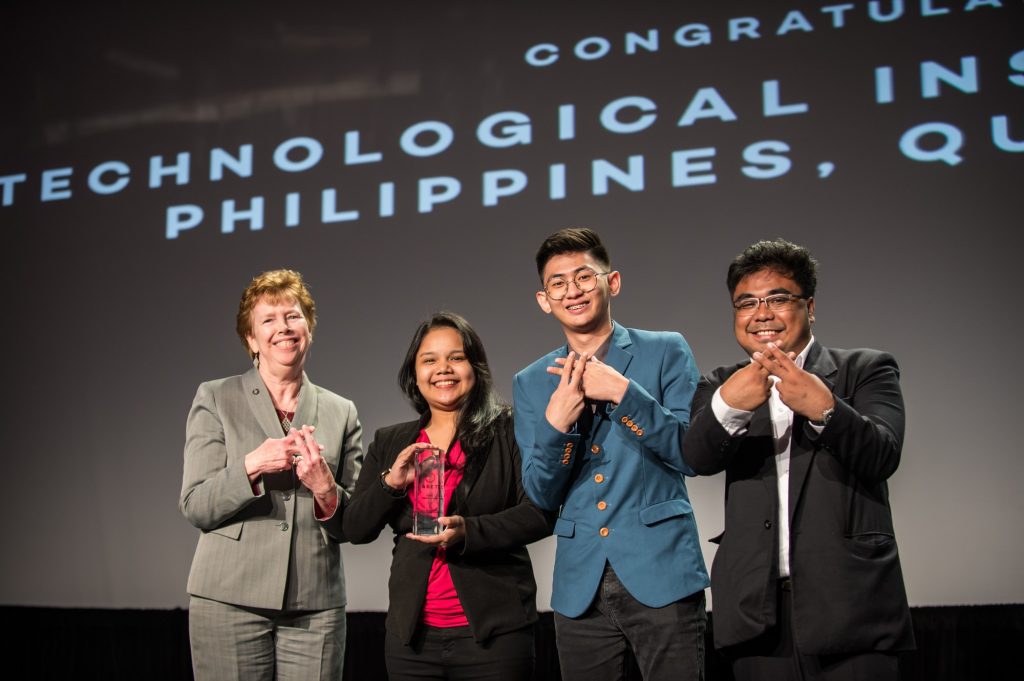
“It’s both imparting the knowledge — what they learn — and it’s also really about providing a positive learning environment,” Wolfe said. “I went to school at a time when a lot of girls were told they had no business being in an engineering school. I was never told that by a faculty member, but plenty of my friends were.”
Experiences like these have driven her to encourage diversity and inclusion in her daily actions, and to establish initiatives to drive these principles forward.
ASABE and ABET
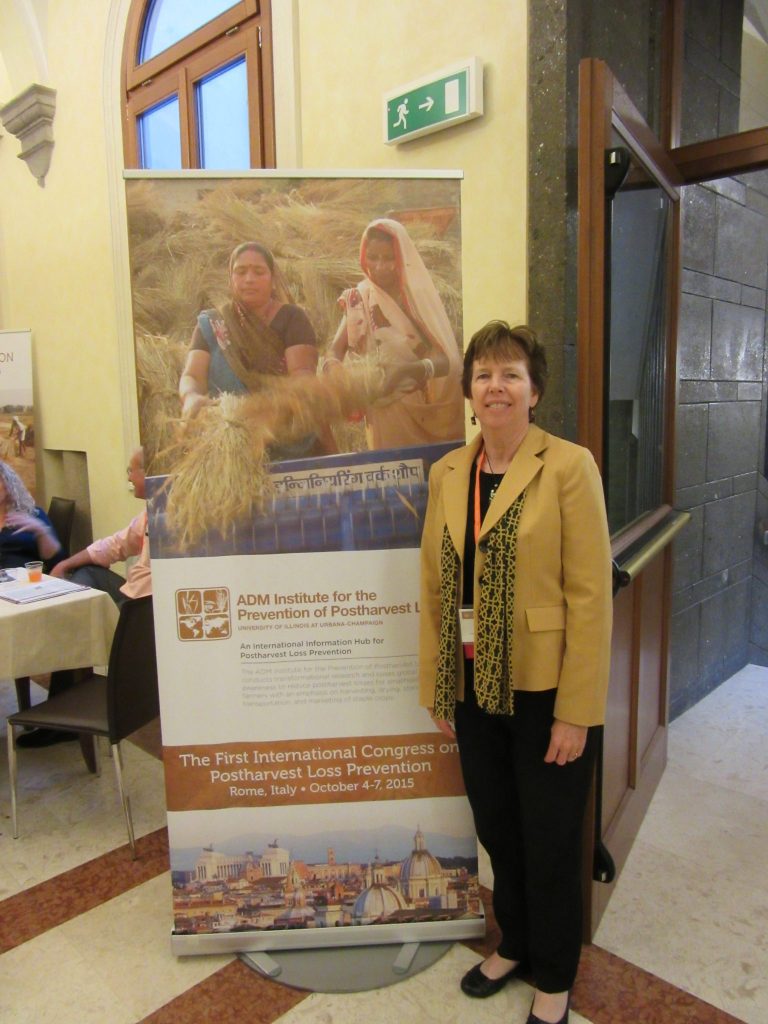
Wolfe was first introduced to the American Society of Agricultural and Biological Engineers (ASABE) as an undergraduate at Virginia Tech and continues to be actively involved in the professional society. At an ASABE conference circa 1990, her department head caught her in the hallway to tell her that he had just nominated her to be on ASABE’s Accreditation Committee and become an ABET Program Evaluator. She went on her first program site visit in 1991 and joined the Engineering Accreditation Commission (EAC) as a Commission member in 2000. The rest, you can say, is history. She’s served in each leadership position within the EAC as well as on numerous ABET committees and councils with organization-wide impact. Currently, Wolfe serves as chair of the Nominating Committee and Awards Committee in addition to her roles as ABET Past-President and chair of the IDEA Council. She was 2015-16 ASABE President and continues to serve on its Accreditation Committee.
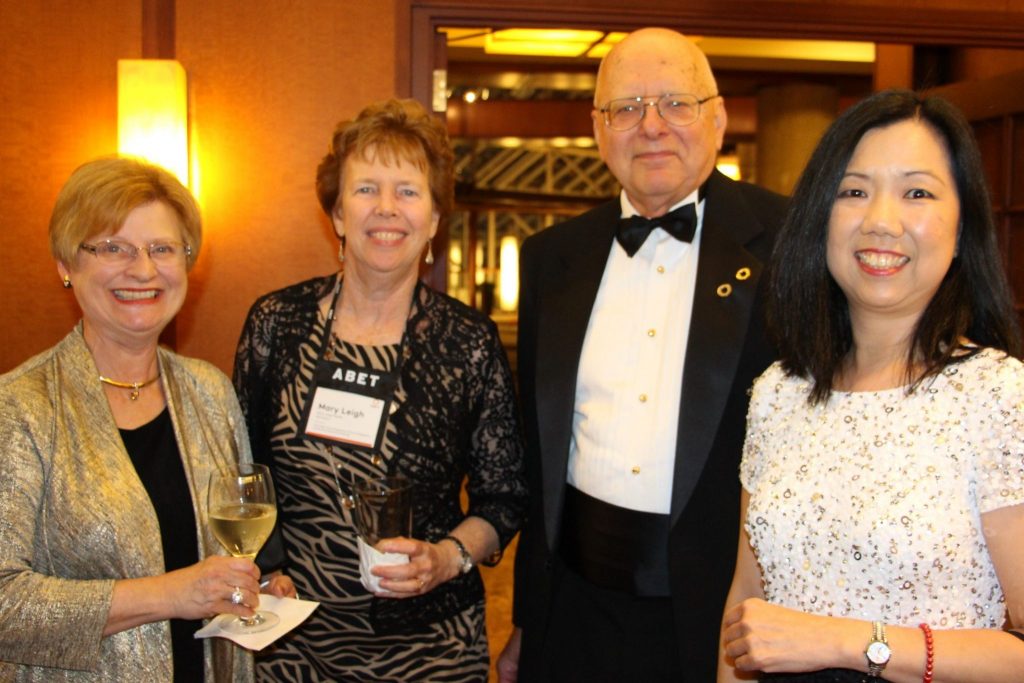
In 2006, her dedication and efforts in biological engineering education and accreditation led to her distinction as the first woman elected as an ASABE Fellow and, in 2020, recipient of ASABE’s Massey-Ferguson Educational Gold Medal. In 2009, she earned the title of ABET Fellow as well as induction into the American Institute for Medical and Biological Engineering (AIMBE) 2009 College of Fellows.
“The ABET accreditation process really makes a big difference for departments and programs, and that’s why I’ve stayed with it for all these years,” Wolfe explained. “You can see the mission of educational quality assurance and continuous improvement happening; it benefits students, it benefits industry and, ultimately, it benefits the world.”
